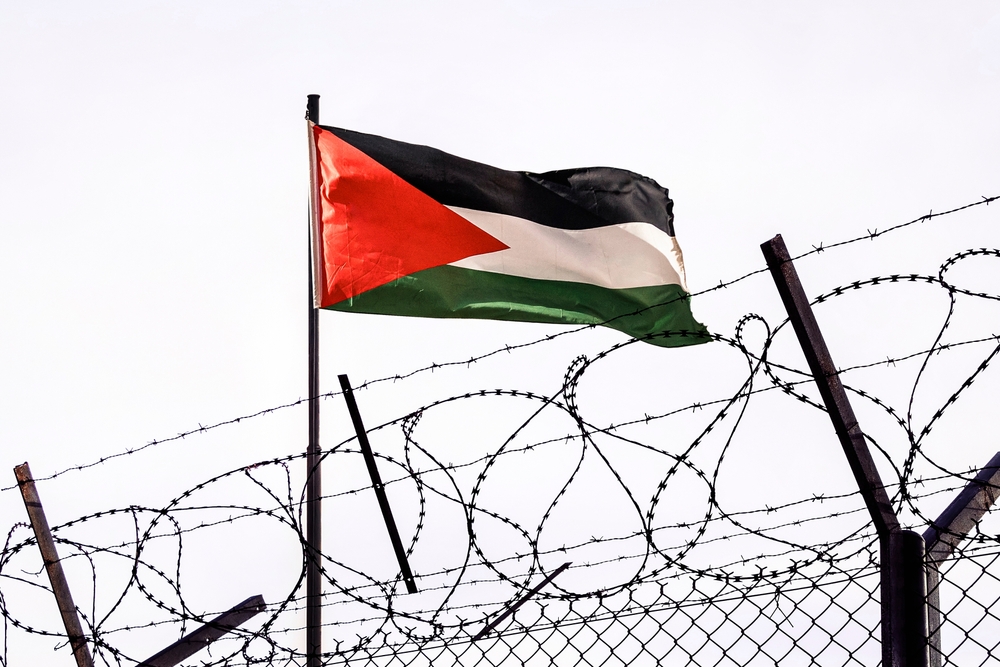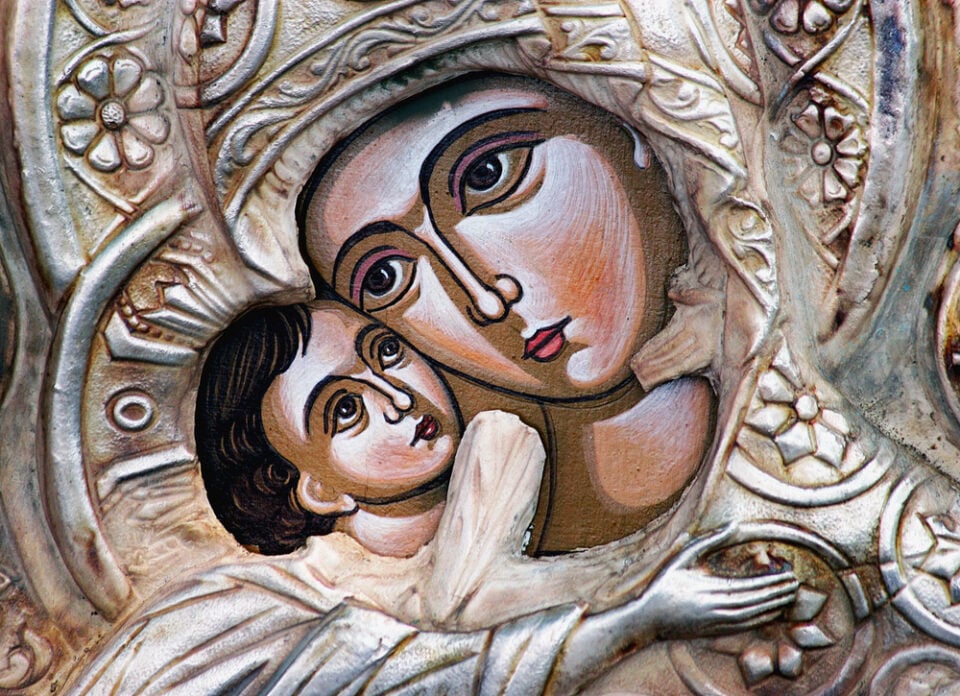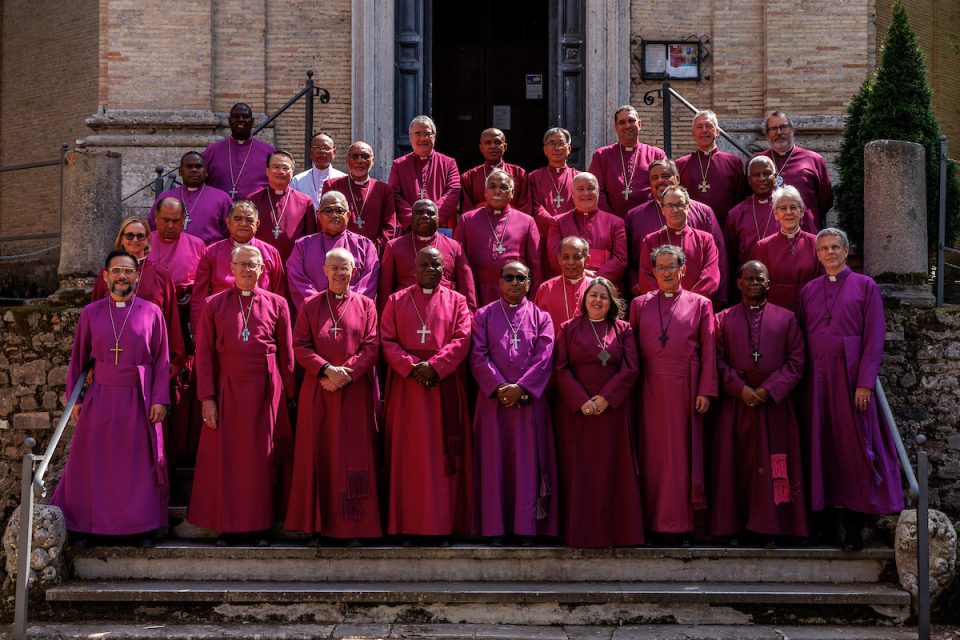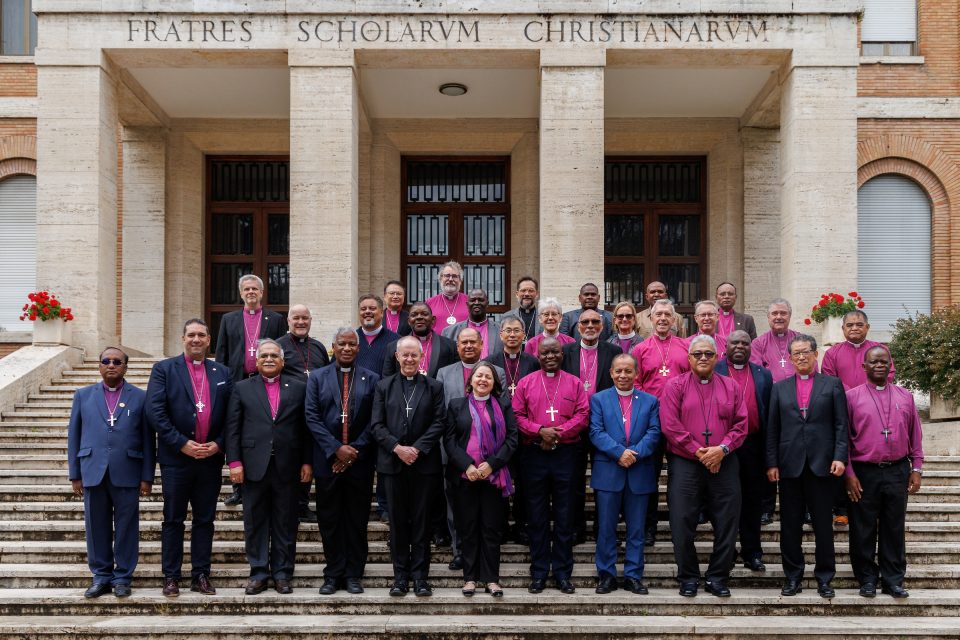Archbishop of Canterbury has said it is “a legal and moral necessity” for Israel to end its occupation of Palestinian territory, which he says is “denying the Palestinian people dignity, freedom and hope”.
Archbishop Justin Welby urged governments around the world to uphold international law equally for all countries. Applying the law selectively was a “deeply damaging trend” he said.
Archbishop Welby was responding to an advisory opinion issued by the International Court of Justice last month, which concluded that Israeli settlements in the West Bank and East Jerusalem violated international law.
“Having visited our Palestinian Christian brothers and sisters many times over recent decades, it is clear to me that the regime imposed by successive Israeli governments in the Occupied Palestinian Territories is one of systemic discrimination,” he said in the statement.
“Through annexing Palestinian land for illegal settlements, depriving Palestinians access to their own natural resources, and imposing a system of military rule that denies them safety and justice, the State of Israel has been denying the Palestinian people dignity, freedom and hope.
“I am particularly aware of how this is impacting Palestinian Christians, threatening their future and viability. It is clear that ending the occupation is a legal and moral necessity.”
The Archbishop’s statement comes as life becomes more difficult for Palestinian Christians, with many being driven from their homes.
In an article for the Church Times the Dean of St George’s College, Jerusalem, the Very Revd Canon Richard Sewell, wrote that, despite their “deep attachment to and love of the land”, a “significant” number of Christians were leaving to “seek a better life elsewhere”.
Archbishop Welby’s statement follows his previous call for Israeli authorities to release Layan Nasir, a 23-year-old Palestinian Anglican, who has been detained without charge since April.
Her imprisonment was “an egregious state of affairs”, and her transfer from the West Bank to Damon prison, in Israel, was, he said, a violation of the Fourth Geneva Convention.
In an interview last year, the Anglican Archbishop in Jerusalem, Dr Hosam Naoum, told Church Times about the challenges facing Christians there.
He spoke of upbringing in a Palestinian Christian family in Galilee. “Our church has always been active and vibrant and lively, and since my very early childhood, as far as I can remember, I’ve always loved being in a church atmosphere,” he told the paper.
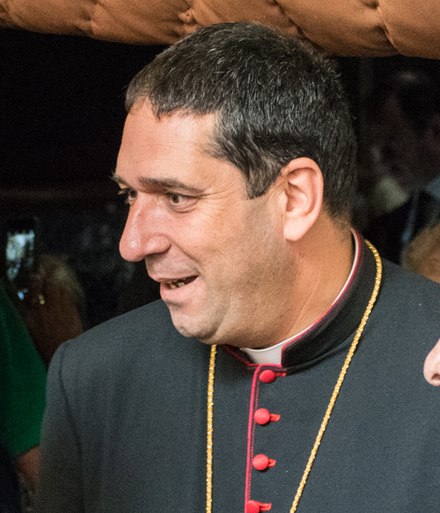
The diocese of Jerusalem encompasses Israel, Palestine, Lebanon, Syria, and Jordan and presents enormous problems for many Palestinian Anglicans to move around. For Palestinian Christians living in the West Bank, visiting the Holy Land sites is almost impossible, especially for young people, as most are denied a permit.
Archbishop Naoum holds both Israeli and Jordanian passports makes his logistics easier but, before the war, he had to apply for a permit to enter Gaza, where the diocese runs a hospital, which was bombed by the Israeli Defence Force (IDF) last year.
Dr Naoum trained for ordination in South Africa, where he worked with and became friends with Archbishop Desmond Tutu who became his mentor.
He was ordained deacon in the Episcopal Church of Jerusalem and the Middle East on his 24th birthday, the youngest age allowed under its canon law.
“There are a lot of similarities between South Africa and here in terms of discrimination, in terms of control,” Dr Naoum said.
The Al Ahli Arab Anglican Hospital in Gaza was forced to close by the Israel army in July after coming under heavy fire from IDF drones.
“We protest the closure of our hospital in the strongest possible terms. In a time of warfare and great suffering it is essential that emergency healthcare services are maintained to treat the injured and the dying,” Archbishop Naoum said at the time.
“We appeal to the Israeli forces to permit us to continue our sacred ministry of medical care and healing. We plead for an end to the targeting of civilians and all vulnerable people and demand all parties agree to an immediate ceasefire.”
